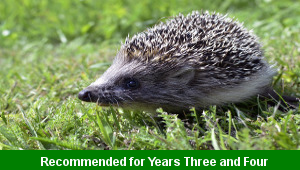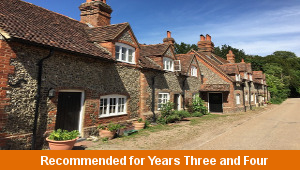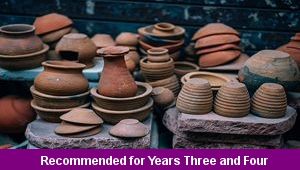Lesson Four – Snack Survey

This English teaching pack for Key Stage Two gets the children to investigate how to conduct and present information from a survey in the school to identify some favourite snacks that could be used as the basis for an advert.
The class can explain how to structure and format adverts to use persuasive language for a specific purpose to compel someone to buy a product.
Download this teaching pack including a lesson plan, classroom activities and an interactive presentation to investigate how to conduct and present information from a survey in the school to identify some favourite snacks that could be used as the basis for an advert
Activities in this teaching pack include a table display card to design a questionnaire that can be used when conducting and presenting information from a survey of pupils from other classes in the school about some of their favourite snacks.
The interactive presentation gets the children to explore how to conduct a survey in the school to identify favourite snacks that could be used as the basis for an advert.
This lesson is part of an English scheme of work to get the children to design adverts using persuasive language to sell merchandise based on traditional tales, investigate spellings of words with ion endings and link and co-ordinate sentence clauses using conjunctions. There are teaching activities for shared learning, differentiated worksheets to support independent learning and interactive presentations to introduce concepts and key skills.
-

Classic Animal Stories
Investigate the structure and content of classic works of fiction by significant authors with animals as the main characters
-

Cities, Towns and Villages
Research and present the history of a range of different buildings and people that are part of the local community using a school exhibition
-

Recycling
Research and present some of the benefits and disadvantages that can be produced when recycling different materials at home and in school
-

Viking Pots
Develop and refine a range of different art and design techniques when working with clay to make pots that represent Viking culture and traditions
